962-7983-18423+
24/7 دعم
history-and-geography

A historical novel that recounts the life of an Arab military leader and the details of the struggle against occupation from the Balfour Declaration to the nation’s calamities and battles, with a profound portrayal of personal experiences and testimonies of heroism and resistance.
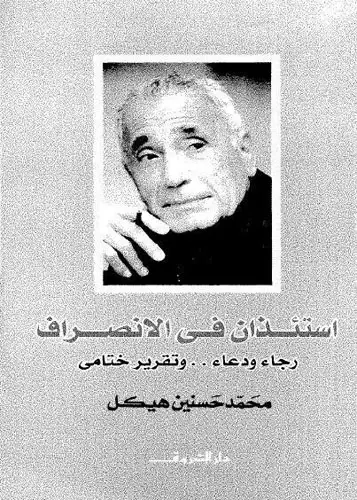
He offers a reflective reading of major turning points in public life, revealing the features of the political and human landscape through a profound critical vision of the events of a turbulent era.

This book examines a critical phase of political transformation in the region, offering an in-depth analysis of the regional landscape and the intersection of international interests. It presents events with an analytical perspective that connects the past and present, revealing the underlying motivations behind fateful decisions.
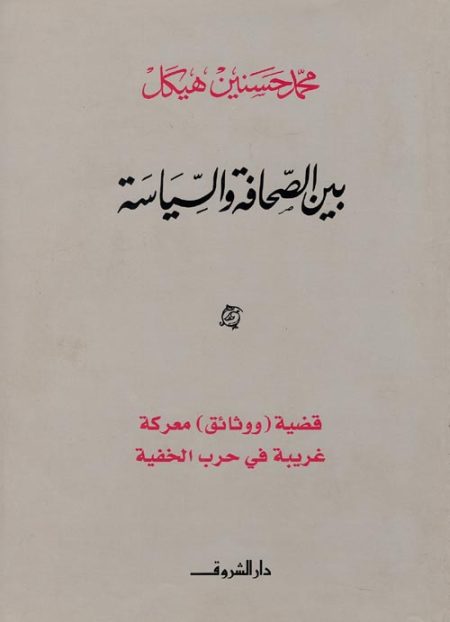
The book reveals the behind-the-scenes workings of a delicate political and media struggle during a highly sensitive period, relying on documents and testimonies that illuminate what transpired in secret. It presents the reader with the course of an undeclared battle and its impact on the public landscape at that time.
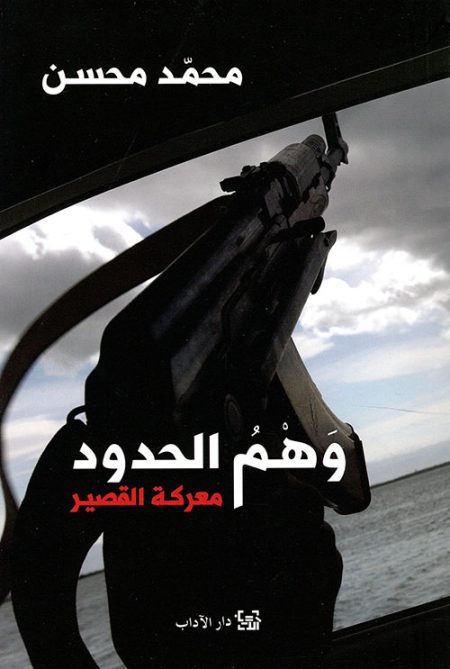
This novel documents the events of a historic battle, exploring national conflicts and personal sacrifices within its political and social context. The text highlights the courage and challenges faced by the heroes in defending their land and identity.
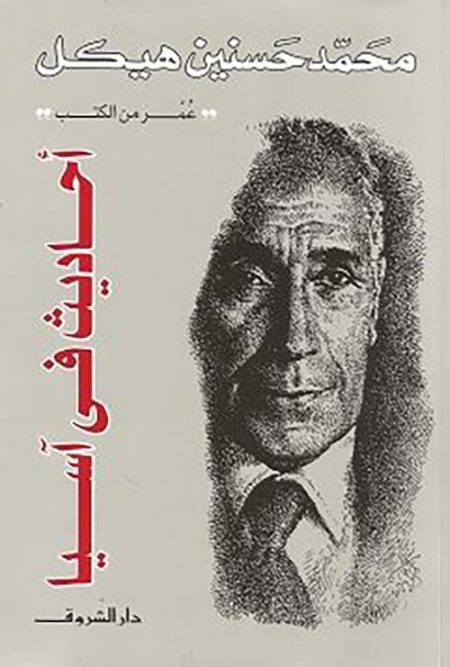
This journalistic journey explores the political and social landscape of Asia during a turbulent period in its history, offering a profound analysis of power shifts and the rise of new roles in the region. It provides a firsthand look at the figures and events that have shaped the modern Asian scene.
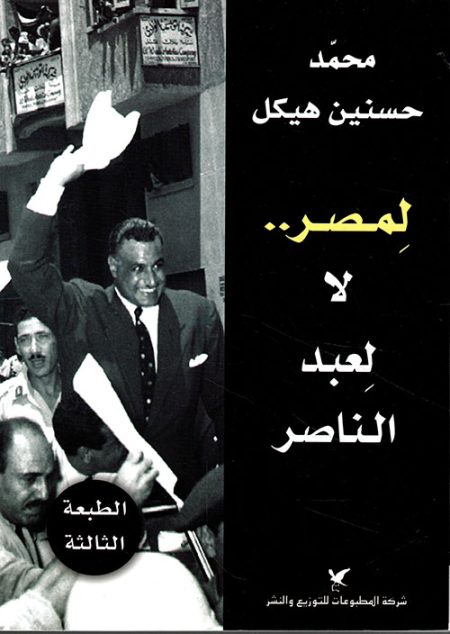
The book offers a detailed analysis of the trajectory of Arab leaders after the July Revolution, reviewing the internal and external policies and the challenges that Egypt faced during its critical phases. It deals with historical events in a documentary style, while also monitoring regional and international influences.
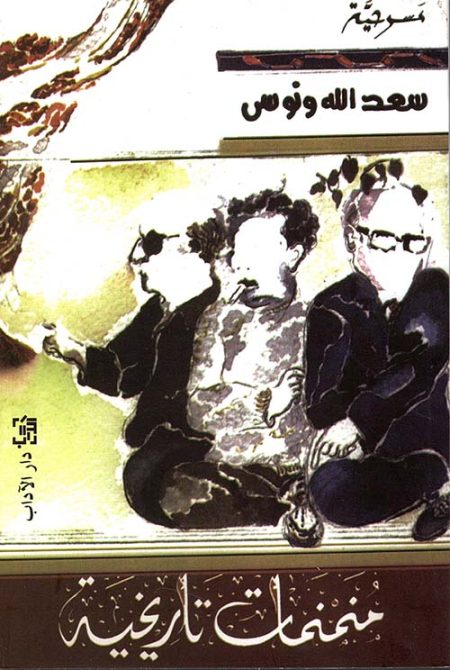
Theatrical texts draw inspiration from historical moments to deconstruct the relationship between power and humanity, reinterpreting the past with a contemporary awareness that exposes oppression and defeats, and poses questions of freedom and responsibility through powerful symbolism.
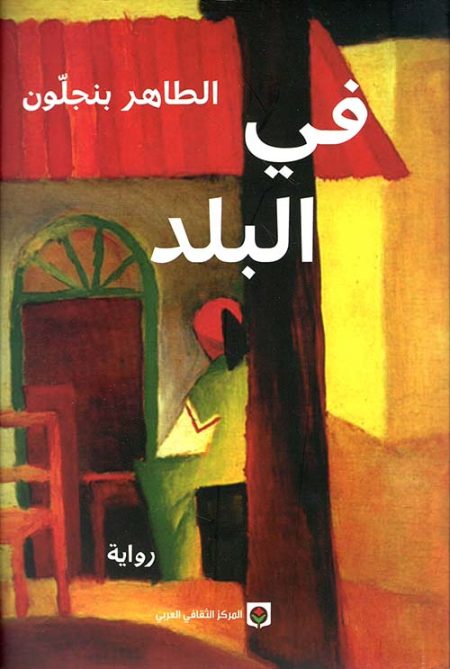
This novel sheds light on daily life and the social and political conflicts within the community, exploring human relationships and individual identity amidst contemporary transformations and challenges.
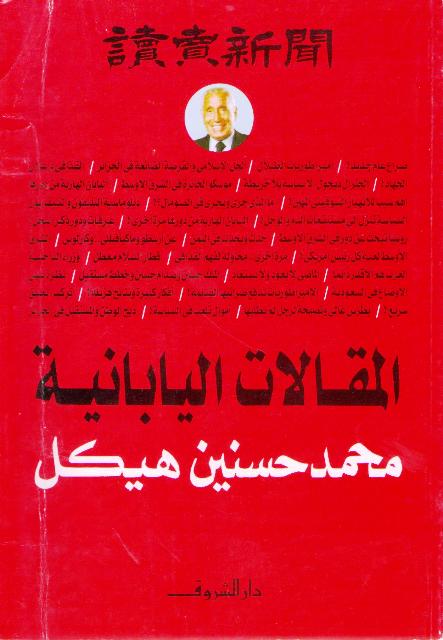
This collection of analytical articles explores political and cultural observations from Japanese society, offering an in-depth perspective on the nature of the contemporary Japanese experience. The work presents reflections on Japan’s renaissance and its relationship to global transformations.
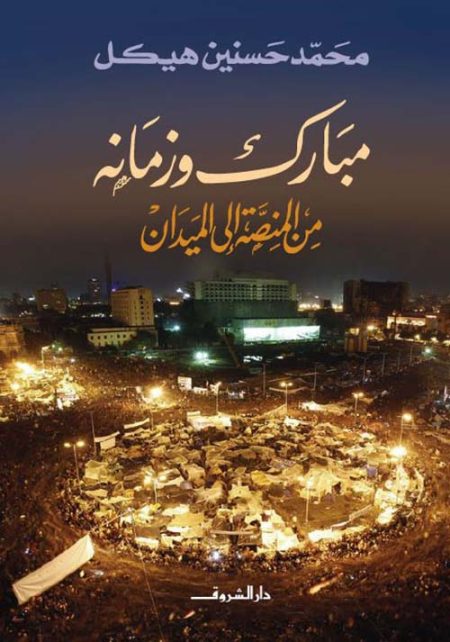
The book examines the trajectory of political transformations in Egypt by tracing the characteristics of governance and the accumulation of power, shedding light on the relationship between the leadership and society. It offers a profound analytical perspective on how the country transitioned from a state of apparent stability to the moment of popular uprising.
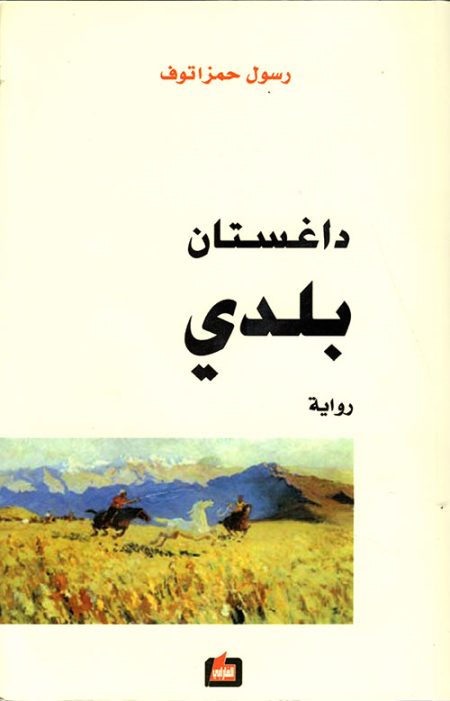
It is a moving account of the lives of the people of Dagestan, reflecting their traditions, culture, and profound human values. The author blends a love for the land and people with a reflection on the region’s social and historical conflicts.
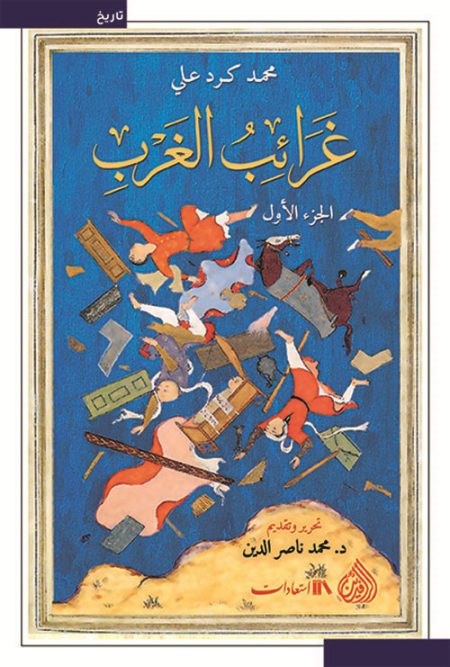
It is a critical, contemplative journey in which the author observes the conditions of Western societies and their customs. The work blends awe at achievements with criticism of contradictions, presenting to the Arab reader a panoramic picture of the West at the beginning of the twentieth century.
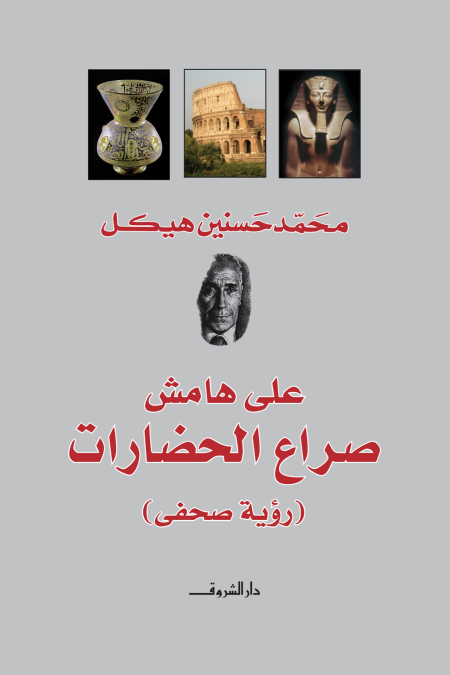
This work presents a profound analytical perspective on the interactions between East and West from a political and historical angle, tracing the roots and contexts of modern tensions. It offers a critical reading of international events and their repercussions on the Arab world.
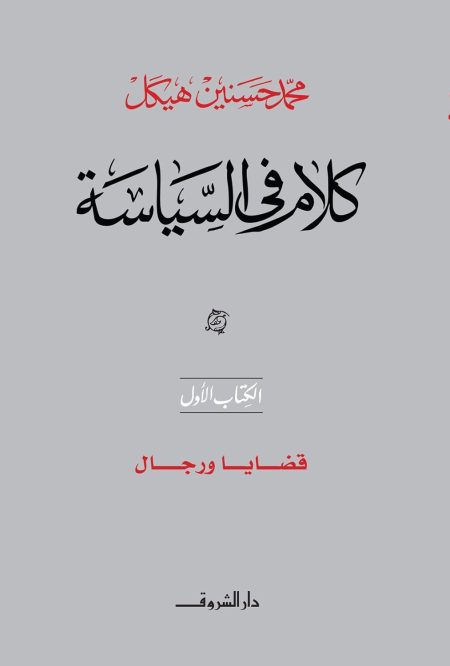
This book offers an in-depth political reading of pivotal events and influential figures in modern Arab history, with a calm analysis that reveals the background of decisions and transformations in the region in a direct and clear manner.
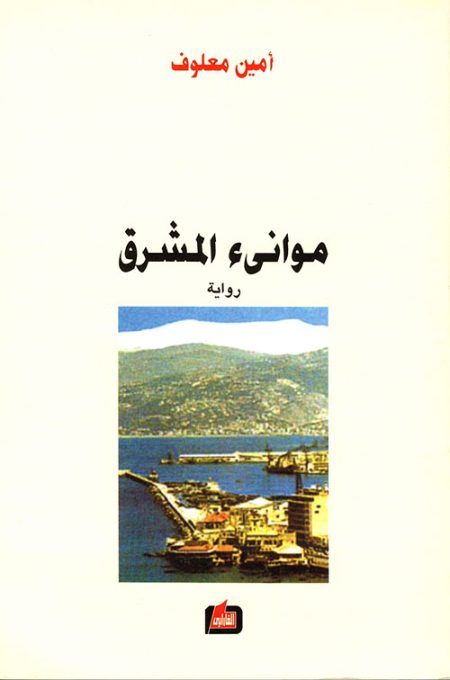
The narrative blends history with memories, showcasing the transformations of the Levant through characters and places whose destinies intersect. The text flows as a contemplative journey exploring identity, belonging, and the transformations of the sea that witnessed the birth of civilizations and their conflicts.
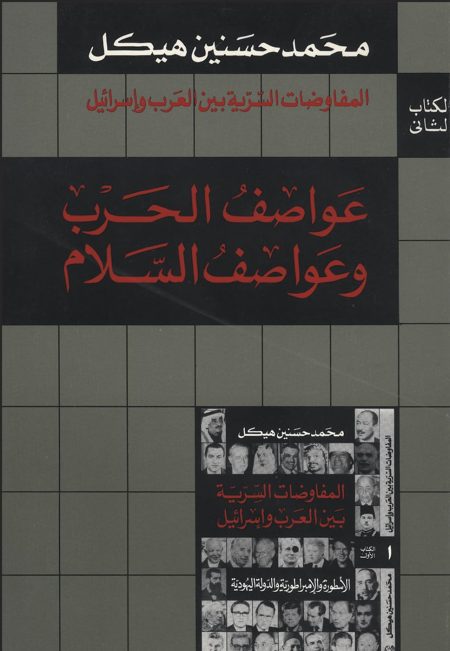
This book reveals the behind-the-scenes dealings of the secret political communications that shaped the course of the Arab-Israeli conflict, offering detailed accounts of what transpired behind closed doors. It presents sensitive developments that influenced decisions regarding war and peace, and how regional and international interests intertwined in shaping positions.
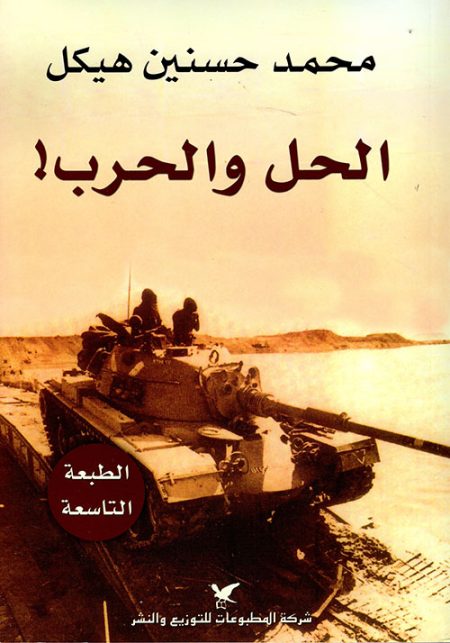
This in-depth analytical presentation of the political and military conflicts in the Middle East offers a comprehensive view of the behind-the-scenes decisions of major powers and how they have impacted the balance of power in the region.